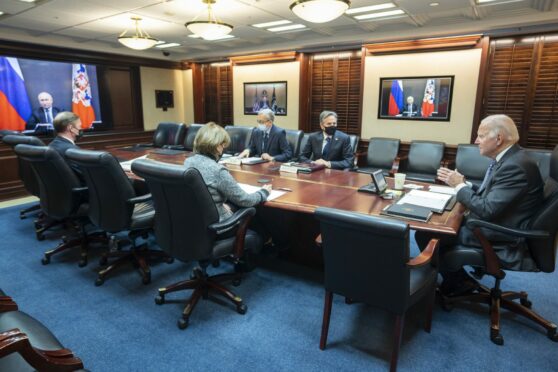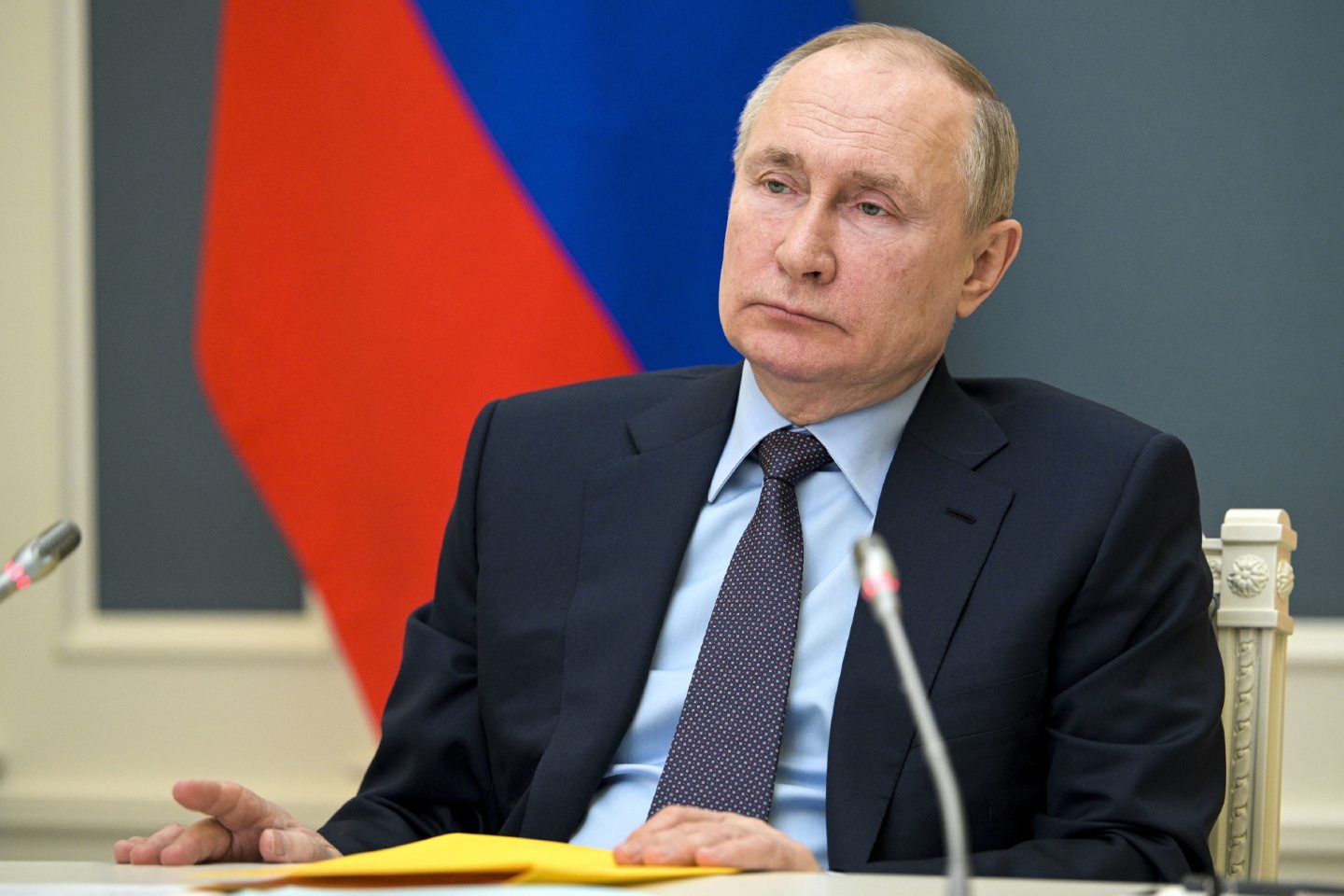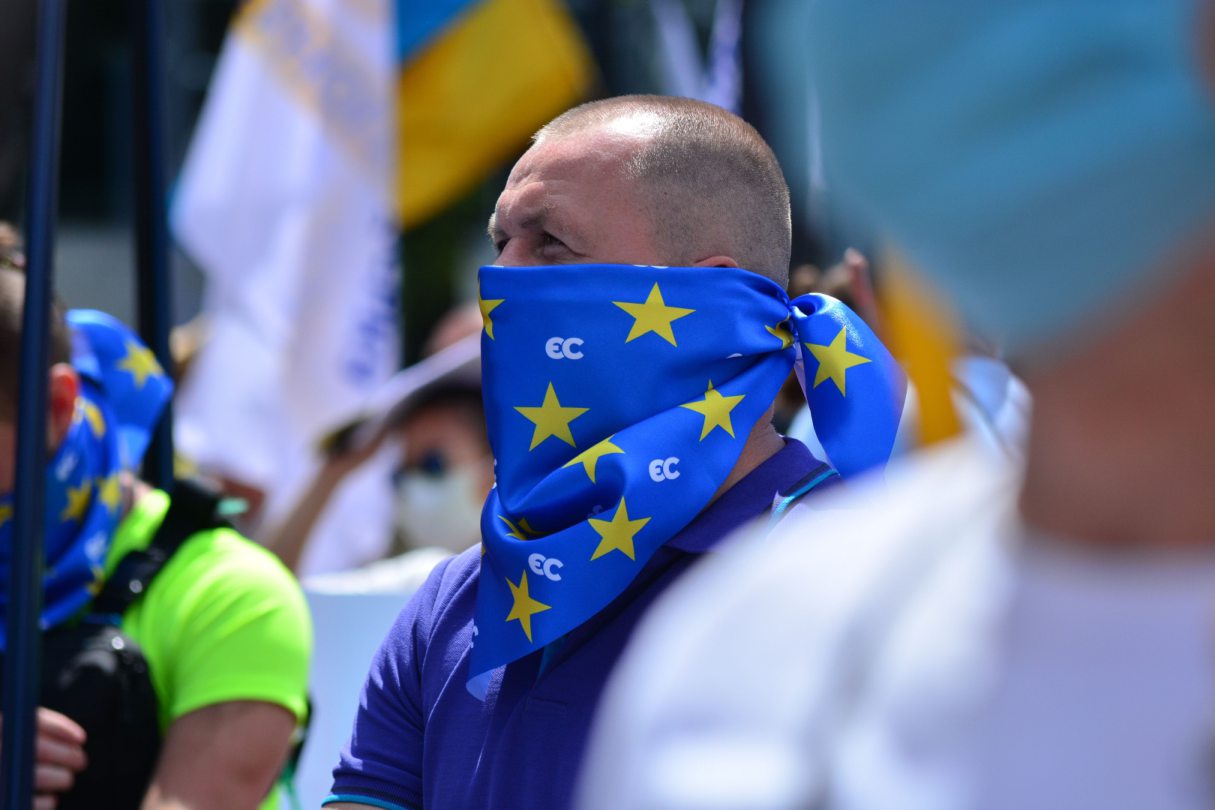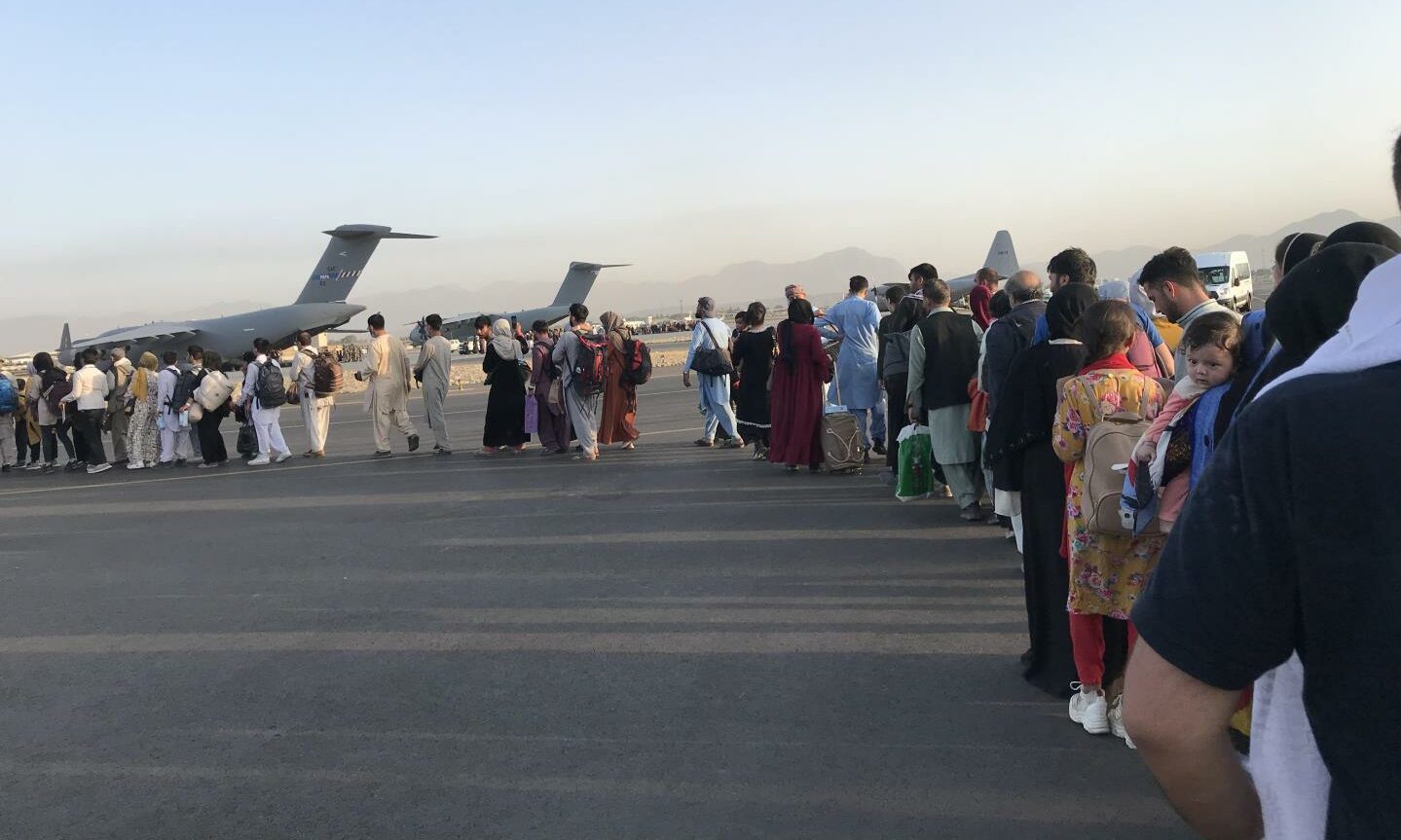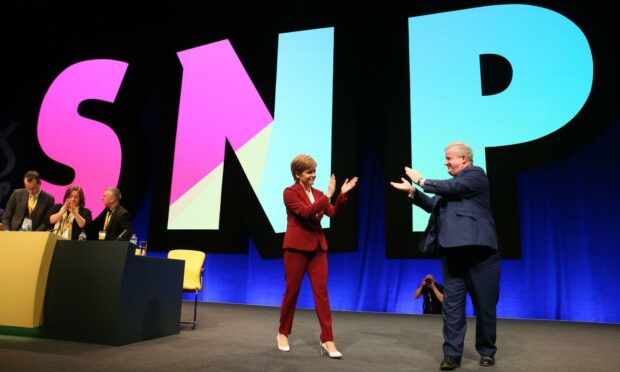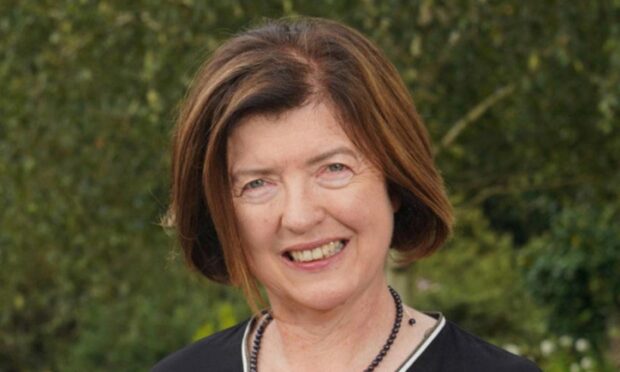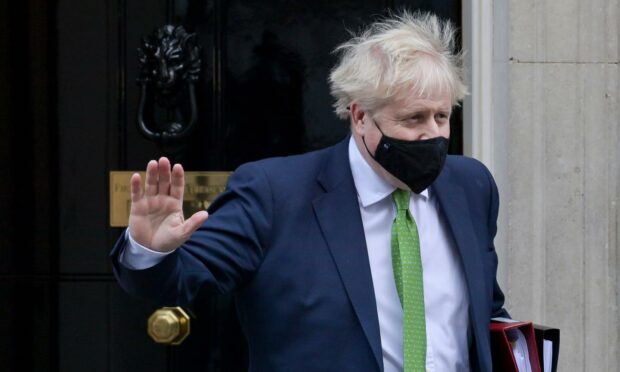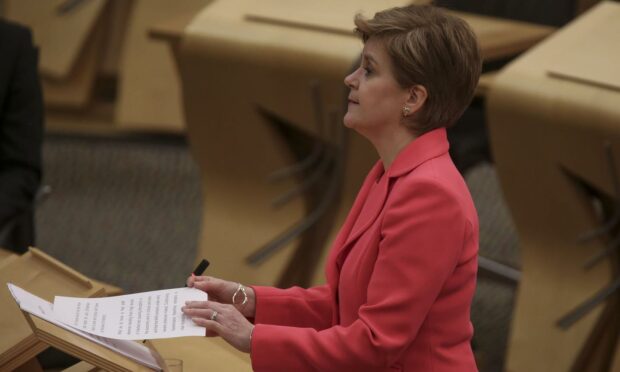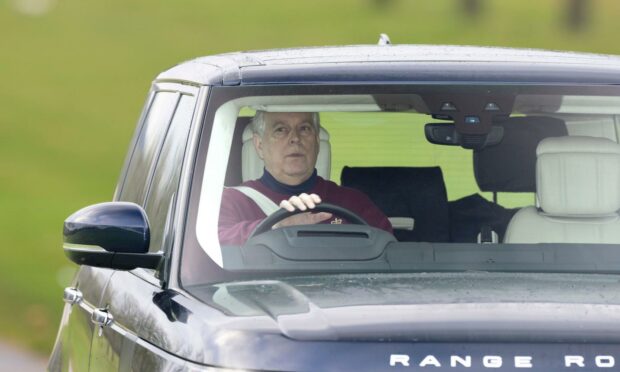“We wuzz robbed” is usually reserved for the sports pages, not geopolitical tracts. Yet, it occurs in arguably the most significant global statement of the year.
“Russia was robbed” is what Vladimir Putin says of the Ukraine.
He means that the various border carve ups during and after the Soviet Union have deprived Russia of its natural territory. And he is determined to get the land back.
“Russians, Ukrainians, and Belarusians are all descendants of Ancient Rus, which was the largest state in Europe”, he writes in a document published in the summer.
Titled “On the historical unity of Russians and Ukrainians”, it continues in this manner; a trawl over hundreds of years or origin, splits and threats.
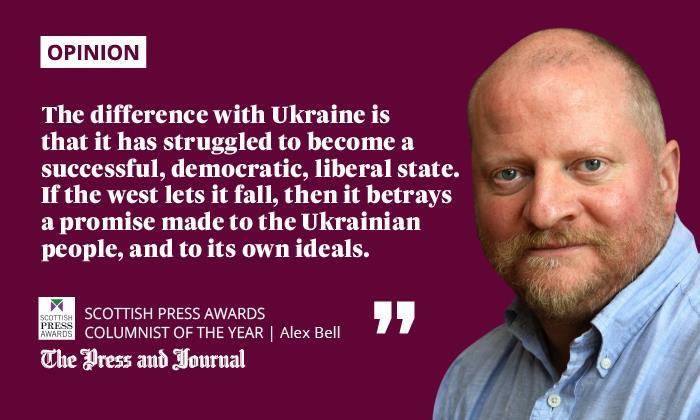
It’s a fascinating read. The same nationalist justification any country can call up; a list of victories and defeats which must be resolved if greatness is to return.
If you are not sure what the Ukraine issue is, it sets out Russia’s side of the story. It explains why there are around 100,000 Russian troops on the Ukrainian border and a genuine fear of war among western leaders.
Does Putin believe war is inevitable?
European powers held a conference call this week where they warned major financial sanctions would be imposed on Moscow if it invaded Ukraine. It seems the Americans support this, alongside some kind of military response.
Latvia is just one of the regional nations that wants a full Nato response in the event of Ukraine being invaded.
President Biden and Vladimir Putin spoke to each other on Tuesday. The Americans briefed that they would block gas pipelines and station troops in eastern Europe in the event of invasion.
The Kremlin’s spin is that any sign of Nato involvement would cross a “red line” and provoke a military response.
It is tempting to look at Putin’s summer essay and think war is inevitable. In it, he claims the very name “Ukraine” comes from an old Russian word for the remote territories, implying it has always been part of the mother country.
The other interpretation is that the restoration of old borders, real or imagined, is not really Putin’s motive. The Kremlin is just trying to lay down a marker on its extreme hostility to the possibility of Ukraine joining Nato.
Washington is worried
Ukraine applied for Nato membership in 2008. Since Russian’s invasion of Crimea in 2014, popular support for Nato has grown rapidly in Kiev.
Putin is really looking for an assurance that Nato membership for Kiev will never happen. He’s flexing his muscles but doesn’t really intend to fight.
President Biden has previously declared the era of American intervention is over
Exactly what President Biden said to Putin, we do not know. Nor can we guess, for all the rush to analyse.
The fact remains that this is an unpredictable and very dangerous situation.
Putin may not invade, but he has a lot of troops mobilised and the winter is a good time to strike. There is a risk he loses face without pushing this further than a war of words.
There was a similar stand off over Crimea, when Putin did act, and the west shrugged its shoulders. He must think there is a good chance he could do the same here.
What’s more, Washington is certainly worried. Two hour long presidential meetings don’t happen often.
The White House briefing afterwards was hardly bullish.
President Biden has previously declared the era of American intervention is over. Further, the chances of America wanting to commit troops to combat in a cold, distant land where it is surrounded by enemies seems a long shot. It’s only a matter of months since it quit Afghanistan.
Big powers fight over strategic land
Yet, if the West does allow invasion to happen, it diminishes the broad sense of threat of Nato. Thus, Moscow might switch its attentions to the Baltic states, which are in the Alliance. No wonder Latvia is agitated for a meaningful response.
Biden’s popularity is on the wane in what has been a low key presidency. To allow a democratic state to be swallowed by Russia on his watch might do further damage. He could decide this is too important to let go.
As to what Britain should do, there is no clear option. The UK lacks the military strength to be anything more than a diplomatic quota in an American-led force. It seems very unlikely voters would support another venture.
As with China and Taiwan, there is a sense that this is someone else’s war.
Big powers fight over strategic land. Just ask Gibraltar.
Maybe it is best to let them.
The difference with Ukraine is that it has struggled to become a successful, democratic, liberal state. If the West lets it fall, then it betrays a promise made to the Ukrainian people, and to its own ideals.
Ukraine began its overtures to the West after the fall of the Russian federation in the early 1990s. It has spent 30 years trying to beat the destiny of its location with the hope of its ambitions.
If the West stands by, then we accept that historical determination is more important than human ideals, which would rob us all.
